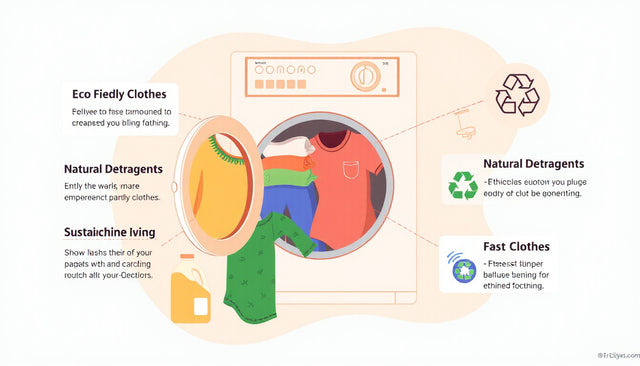Customers Embrace Eco-Friendly Products: New Research Busts the “Sustainability Liability” Myth
Recent research from the Kellogg School of Management challenges old ideas. It finds eco-friendly products perform on par with standard ones. Companies once feared that green products would seem weaker. They worried consumers would note a drop in quality.
The Sustainability Liability Myth Under Scrutiny
Consumers once judged sustainable goods—like mouthwash or car tires—as less effective. They saw “natural” soap as leaving dishes less clean than regular soap. This view led many to tie eco-friendliness with lower performance.
A complete study led by Professor Alexander Chernev and his team surveyed over 3,000 people. They compared eco-friendly and standard products in 10 categories. Participants read a short product description that highlighted either green traits or standard features. They then rated performance on a 7-point scale.
Key Findings:
- Eco-friendly products received almost the same ratings as standard ones.
- Eco-friendly drain cleaners scored only a little lower.
- Even during COVID-19, green hand sanitizers did not get lower marks.
- In products like face creams, the green versions sometimes scored higher, while in strong cleaning agents like stain removers, the traditional ones scored slightly better.
- Overall, sustainability did not cause a major drop in performance.
Shifting Consumer Attitudes Confirmed Through Linguistic Analysis
The researchers also studied large text sets from Google News (up to 2013) and English Wikipedia (up to 2021). They noted that words such as “ecological” and “recycled” began to appear close to positive words like “efficient” and “reliable.” This pattern shows that people increasingly link eco-friendliness with quality.
Implications for Businesses and Sustainability Efforts
This change matters for many companies. They no longer fear that “green” means “inferior.” The old idea held back investments in eco-friendly products. Now, evidence shows little to no penalty for green offerings. Firms can invest in sustainable technology without fear of market rejection.
Professor Chernev explains:
“This is what drives companies’ behavior.”
Consumer acceptance now pushes firms to use greener production. This shift also helps combat climate change through better production and consumption practices.
Reference:
Chernev, Alexander, Sean Blair, Ulf Böckenholt, and Himanshu Mishra. 2024. “Is Sustainability a Liability? Green Marketing and Consumer Beliefs About Eco-Friendly Products.” Journal of Public Policy & Marketing.
For both consumers and companies, the study offers hope. Sustainability stands as a trusted sign of quality and reliability.
Design Delight Studio curates high-impact, authoritative insights into sustainable and organic product trends, helping conscious consumers and innovative brands stay ahead in a fast-evolving green economy.






















0 条评论